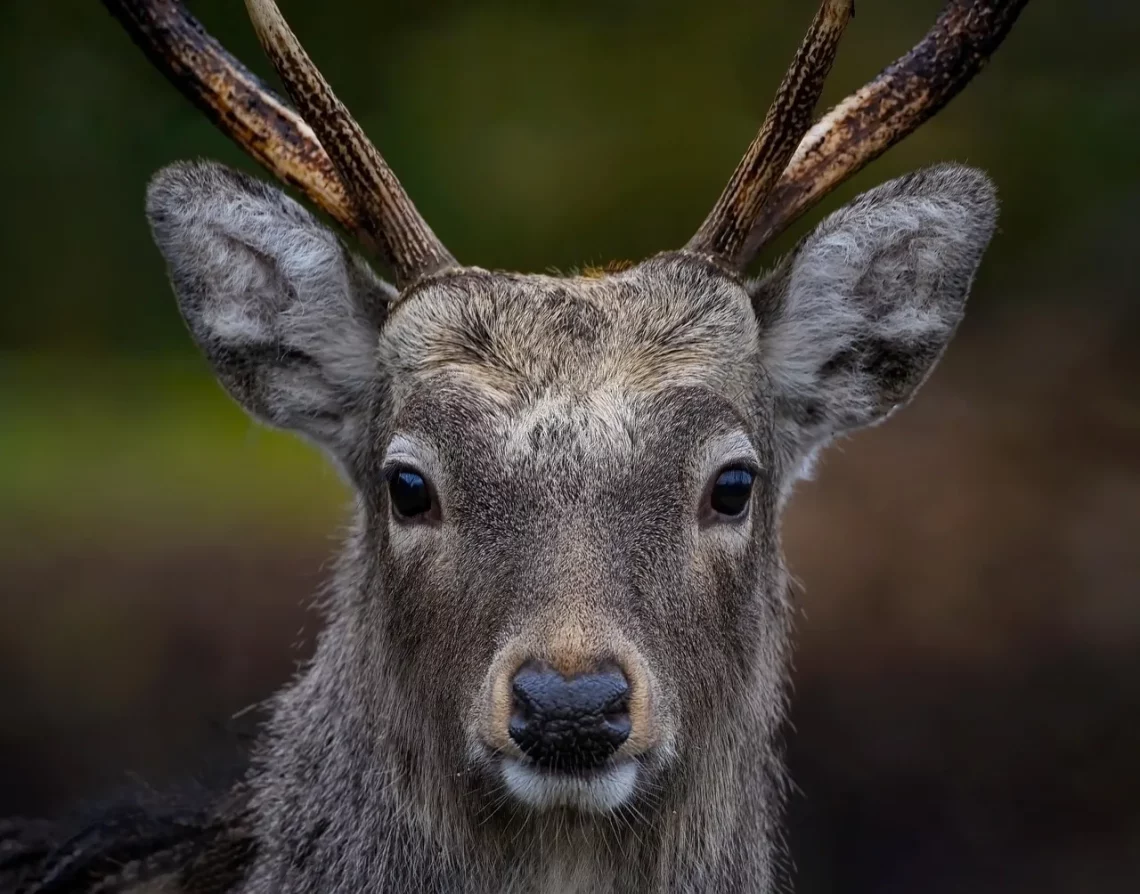
Can Deer Eat Carrots? Understanding Their Diet and Nutrition Needs
Understanding the diet of deer has become increasingly important for wildlife enthusiasts, farmers, and anyone interested in the natural world. These gentle creatures are often seen grazing in fields or wandering through forests, captivating observers with their grace and beauty. Their diet primarily consists of various plants, but there is a common curiosity about whether they can eat certain vegetables, such as carrots.
Carrots are a popular vegetable among humans, known for their crunch and sweet flavor, but how do they fit into the nutritional needs of deer? As herbivores, deer have specific dietary requirements that ensure their health and vitality. Understanding what deer eat can help in managing their populations, providing proper care in rehabilitation settings, or even enhancing their habitats.
In this exploration, we will delve into the various components of a deer’s diet, the nutritional benefits of carrots, and how these vegetables can be incorporated—or not—into their feeding regimen. By examining the digestive system of deer and their natural food sources, we can gain a clearer picture of how to support these magnificent animals in the wild and in controlled environments.
The Natural Diet of Deer
Deer are predominantly herbivorous animals, and their diet is primarily composed of a variety of plant materials. In the wild, they consume leaves, twigs, fruits, nuts, and grasses, depending on the season and their habitat. This diversity in food sources is crucial for meeting their nutritional needs throughout the year.
In spring and summer, deer tend to forage on lush green vegetation, which is rich in protein and essential nutrients. They enjoy new shoots, tender leaves, and a variety of herbaceous plants. During these months, the abundance of food helps them gain weight and prepare for the upcoming rutting season and winter months when food becomes scarcer.
As autumn approaches, deer shift their focus to acorns, berries, and other fruits that provide them with the necessary fat reserves to survive the cold winter. In winter, their diet becomes more limited, and they rely heavily on twigs and bark from trees and shrubs. This adaptability to changing food sources is a key survival trait for deer.
Understanding the natural diet of deer is essential for anyone looking to support these animals in their environment. Providing supplemental food sources, like hay or specially formulated deer feed, can help maintain their health, especially during harsh winter months. However, any supplementary feeding should be approached with caution to avoid disrupting their natural foraging behavior or introducing health risks.
The Role of Carrots in a Deer’s Diet
Carrots are often considered a treat for deer and can be an appealing addition to their diet. These root vegetables are high in carbohydrates and contain certain vitamins and minerals beneficial for deer. However, it’s essential to view carrots as a supplementary food rather than a primary source of nutrition.
One of the main benefits of carrots is their high sugar content, which can provide an energy boost for deer, especially during colder months when they need additional calories. Carrots also contain vitamin A, which is vital for maintaining good vision and a healthy immune system. The crunchy texture can be appealing to deer, making it a fun and engaging way to enrich their diet.
Despite these benefits, carrots should be given in moderation. Overfeeding deer with high-sugar foods can lead to digestive issues and other health problems. It’s crucial to balance their diet with the natural vegetation they would typically consume in the wild. When introducing carrots or any other treats, it’s best to do so gradually, allowing deer to adjust to these new food items without overwhelming their digestive systems.
Moreover, offering carrots might encourage deer to become reliant on human-provided food sources, which can interfere with their natural foraging habits. It’s essential to provide any supplemental foods responsibly and to ensure that deer still have access to their natural diet, which is crucial for their overall health and well-being.
Deer have specific nutritional needs that vary based on factors such as age, sex, and reproductive status. Understanding these needs is critical for anyone involved in wildlife management, deer farming, or rehabilitation.
Protein is one of the most important components of a deer’s diet, especially during the growing season when they are developing antlers and fawns. Young deer, in particular, require higher protein levels to support their growth and development. A diet rich in legumes, clover, and high-quality forage can help meet these protein needs.
Fats are another essential component, providing concentrated energy that deer need, particularly in winter. During this time, they rely on stored fat reserves to survive when food is scarce. The right balance of carbohydrates, protein, and fats is crucial for maintaining optimal health.
Minerals and vitamins also play a significant role in deer nutrition. Calcium and phosphorus are vital for bone development and antler growth, while trace minerals like zinc and copper are important for overall health. Providing a balanced mineral supplement can help ensure deer receive the necessary nutrients they might not get from their natural diet alone.
Water is equally important, as deer require access to fresh, clean water to stay hydrated. In addition to drinking, deer also obtain moisture from the plants they consume. Ensuring they have access to both food and water sources is essential for their health and vitality.
In summary, while deer can enjoy carrots as an occasional treat, their primary diet should consist of a variety of natural foods that meet their specific nutritional needs. Understanding these requirements is essential for supporting healthy deer populations in both wild and managed environments.
Feeding Deer: Best Practices
When it comes to feeding deer, whether for conservation purposes, rehabilitation, or even in backyard settings, certain best practices should be followed to ensure that these animals remain healthy and do not become accustomed to human-provided food sources.
First and foremost, it is crucial to research and understand the local deer population and their natural feeding habits. Familiarizing oneself with what deer typically consume in the area helps in determining whether supplementary feeding is necessary or beneficial.
If you choose to provide additional food, always opt for high-quality, natural forage that mimics their natural diet. Grasses, alfalfa, and specially formulated deer feed can be excellent choices. If you decide to include treats like carrots, do so sparingly and in combination with other natural food sources.
Avoid feeding deer human food scraps or processed foods, as these can lead to serious health issues. Foods high in sugar or fat can disrupt their digestive processes and lead to obesity or other metabolic disorders.
It is also essential to maintain hygiene in feeding areas to prevent the spread of disease among deer populations. Regularly clean feeding sites and avoid placing food in areas where deer congregate heavily, as this can lead to an increased risk of disease transmission.
Lastly, if you are in an area where hunting is allowed, be aware of local regulations regarding deer feeding. In some regions, feeding deer may be prohibited or regulated to prevent overpopulation or disease spread.
By following these best practices, you can play a significant role in supporting deer health and contributing to the overall balance of the local ecosystem.
In conclusion, while deer can eat carrots, their diet should primarily consist of natural vegetation that meets their nutritional needs. Understanding the complexities of their diet allows for better management and care of these beautiful animals.
**Disclaimer:** This article is for informational purposes only and does not constitute medical advice. For any health-related concerns regarding deer or wildlife, please consult a veterinarian or a wildlife specialist.




